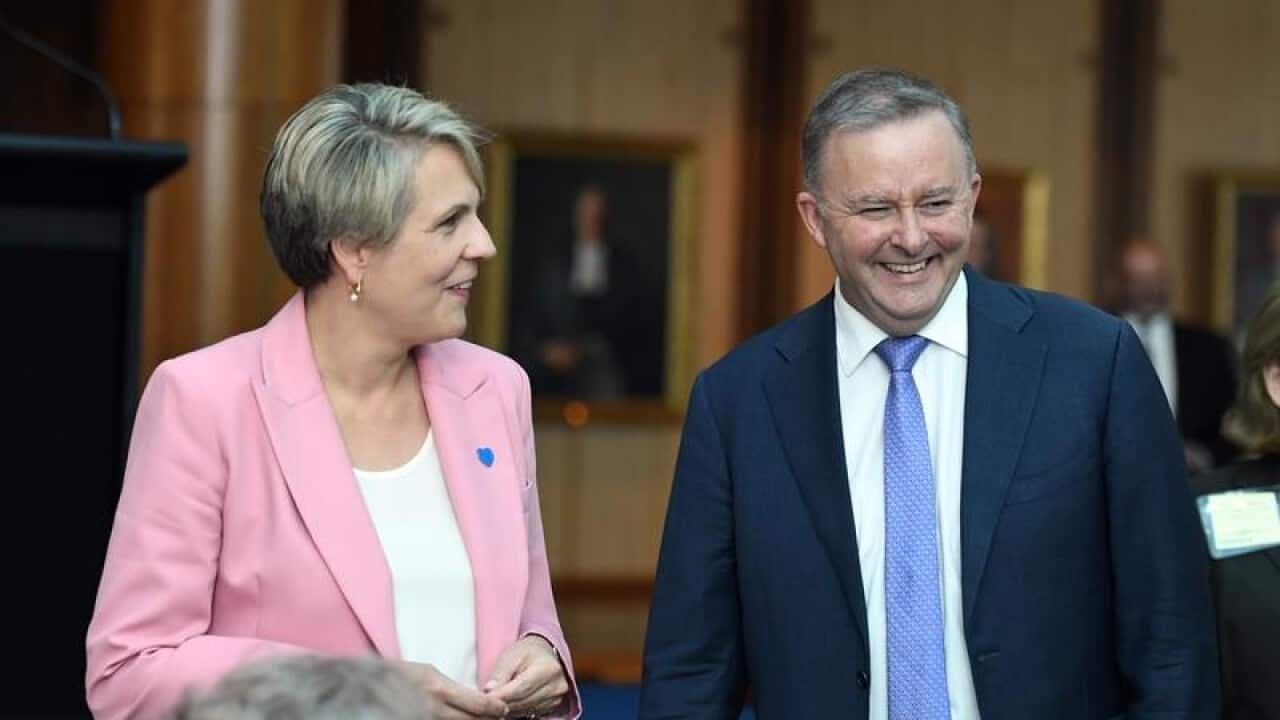LABOR LEADERSHIP BALLOT
Labor, as it licks its wounds, must turn its attention to who will replace Bill Shorten and confront a triumphant Scott Morrison for the next three years.
There are at least four potential candidates - three veterans of past Labor governments and one Generation Next.
If three or more decide to nominate, the factions will probably have to narrow the field to two, who will then fight it out for party membership and caucus support.
POTENTIAL CONTENDERS
TANYA PLIBERSEK
The current deputy leader, Plibersek, 49, has represented the seat of Sydney since 1998.
She is the daughter of Slovenian migrants (her father worked on the Snowy Mountains Scheme) who joined the Labor Party at 15, took degrees in communications and politics and worked for Senator Bruce Childs, a leading figure on the Left in the 1980s.
Plibersek held shadow ministry positions from 2004 and was a minister in the Rudd-Gillard-Rudd governments between 2007 and 2013. Her portfolios included housing, status of women and health.
Back in opposition, she was elected party deputy leader and shadowed foreign affairs and education.
Plibersek, as a woman from the Left, was regarded as an effective counterpoise to Shorten, a warrior of the Right. She was also impeccably loyal.
ANTHONY ALBANESE
Albanese (universally known as Albo), 56, is the passionate face of Labor. Like Plibersek, he represents an inner Sydney seat and is a leading figure of the Left.
His political life started in university politics and he went on to work for Labor minister Tom Uren and the NSW party machine before winning the seat of Grayndler in 1996.
Three years later he was in the shadow ministry and, after Kevin Rudd became leader, manager of opposition business in the house. When Labor came to power in 2007 he became Infrastructure minister.
Albanese was emotionally upset by the Rudd-Gillard-Rudd bloodbaths, although after Rudd's brief return to leadership in 2013 he became deputy prime minister.
After Labor lost office he and Shorten contested the leadership. He won the popular vote, but Shorten's greater margin in caucus was decisive.
CHRIS BOWEN
Bowen, 46, was politically precocious, harassing his local council and devouring books on politics while still in primary school.
He did an economics degree, became Mayor of Fairfield and in 2004 was elected to the seat of Prospect (now McMahon). He was on Labor's frontbench within two years.
In government Bowen, a prominent member of the Right, held several economic portfolios as well as immigration and tertiary education.
He was a player in the Rudd-Gillard rivalry and went to the backbench after an abortive attempt to bring Rudd back in March 2013. When Rudd finally prevailed three months later, Bowen became treasurer.
As treasury spokesman in opposition, he was a key architect of Labor's contentious negative gearing and imputation credit policies.
JIM CHALMERS
Chalmers, 41, is the youngest of the four. The Queenslander is also the only one not from Sydney and the only one without ministerial experience.
Chalmers, who is not regarded as a big factional player, has a doctorate in political science and international relations.
He was chief of staff to Labor Treasurer Wayne Swan and executive director of the Chifley Research Centre before being elected to the seat of Rankin in 2013.
In 2016 he became spokesman for finance, the second most important economic portfolio.
He was Labor's official spokesman during the election campaign.

